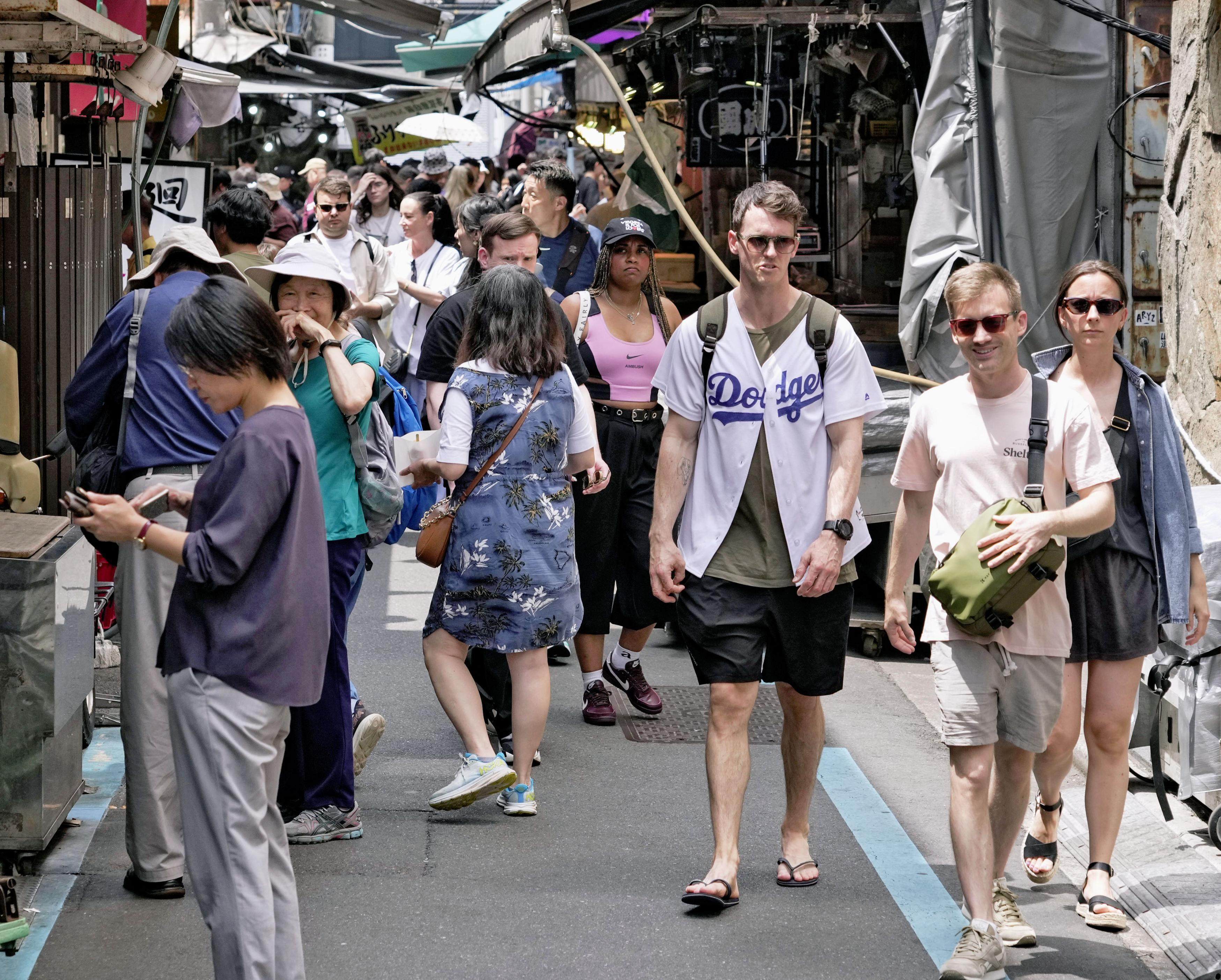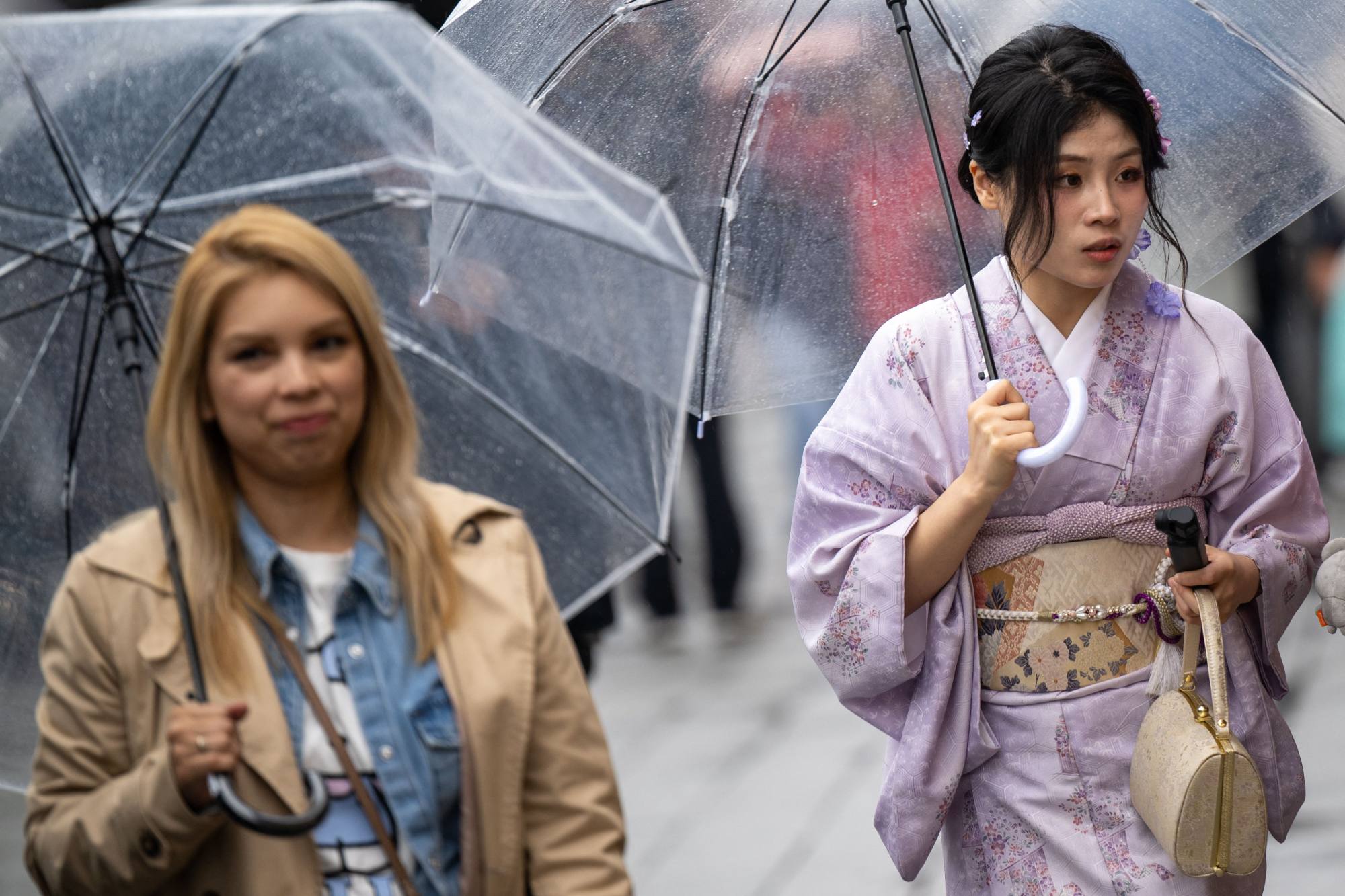No more free rides: Japan’s health insurance crackdown on tourists
Visitors with unpaid medical bills may be stopped from leaving or face detention when entering the country

Japan is considering making health insurance mandatory for foreign tourists as part of a crackdown on unpaid medical bills, with authorities also planning to share details of defaulters with immigration officials to prevent future abuse of the healthcare system.
The proposals come in response to growing concern that some visitors are receiving treatment and then leaving the country without paying, forcing Japanese hospitals – and by extension taxpayers – to absorb the costs.
According to a study by the health ministry, 11,372 foreign nationals sought medical treatment at about 5,500 hospitals across Japan last September. Around 0.8 per cent failed to settle their bills, resulting in unpaid charges totalling more than 61 million yen (US$425,000), the Yomiuri newspaper reported on Thursday.
As a stopgap measure, the ministry is expected to begin sharing information about foreign visitors with unpaid medical debts with immigration authorities. This could allow officials to stop individuals from departing the country until they pay, or flag them for possible detention should they attempt to re-enter Japan.

Authorities are also looking at long-term deterrents, including requiring all incoming tourists to carry health insurance that covers medical emergencies during their stay.
The measure is not without precedent: countries such as Cuba, Nepal, Qatar and Jordan already require tourists to provide proof of insurance.
An analyst says Japan’s plan is unlikely to discourage visitors.
“This sounds like a perfectly reasonable requirement for foreign visitors and it is something that other countries have been doing for some years and with no apparently negative impact,” said Ashley Harvey, a travel marketing analyst who has worked in Japan’s travel sector for more than 15 years.
“I cannot imagine that a couple of thousand yen on top of the cost of flights, hotels and spending money in Japan will make much of a difference to most people and that’s not enough to make people cancel their plans.”
The domestic travel industry was also likely to welcome the requirement as it would enable operators to offer insurance packages, he added.
The crackdown on tourists taking advantage of the healthcare system is in parallel to a similar campaign to force foreign permanent residents to contribute to the mandatory public health insurance system.
A ministry study has determined that only 63 per cent of foreign residents are contributing to the healthcare system, far below the 93 per cent of Japanese who make monthly payments.